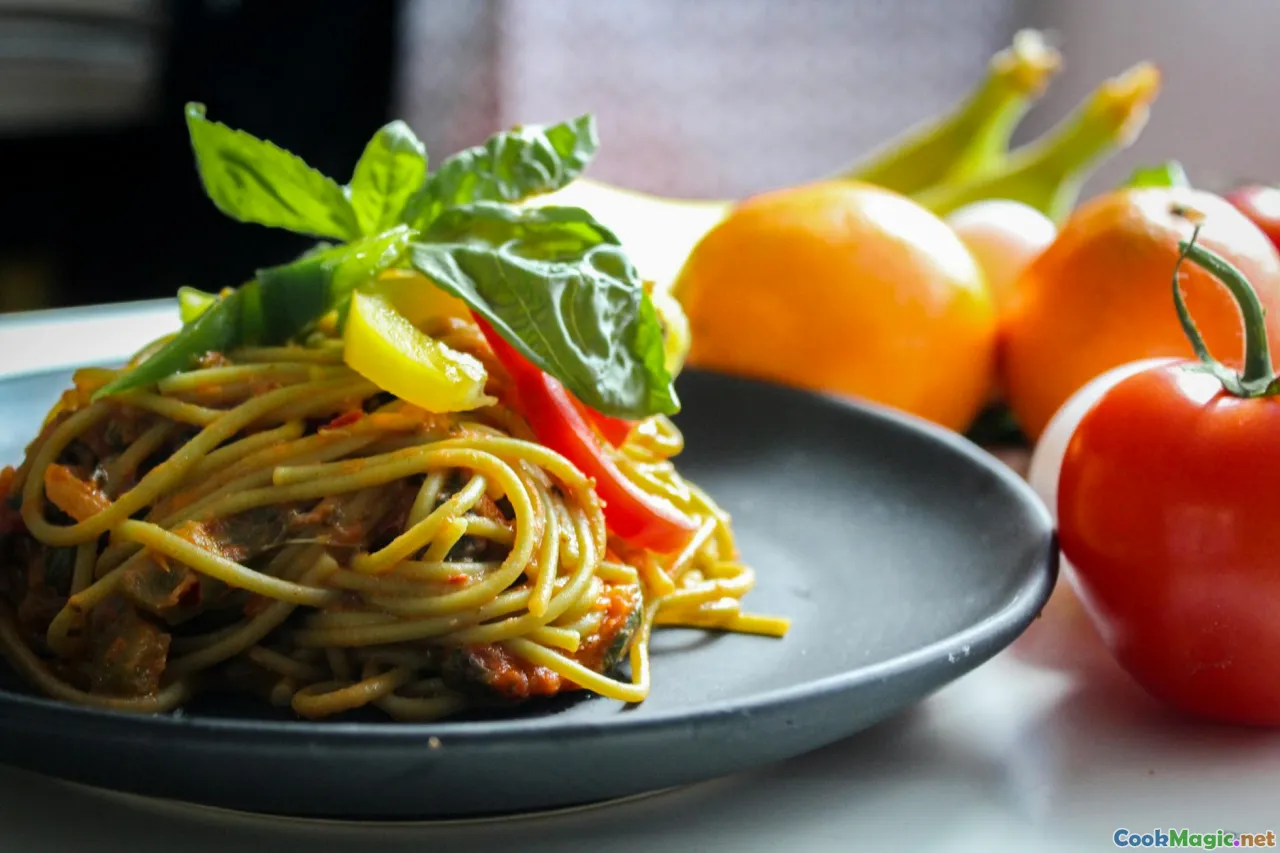Vegetarian Adaptations in Modern Tongan Cooking
8 min read Exploring how modern Tongan cuisine embraces vegetarian dishes, blending tradition with innovation to honor cultural roots while catering to diverse diets. June 06, 2025 15:00
Vegetarian Adaptations in Modern Tongan Cooking
Introduction: A Culinary Renaissance in the Heart of the Pacific
Imagine standing on a sun-drenched Tongan shoreline, the scent of roasted taro and coconut wafting through the air, yet noticing a new rhythm—an evolution that reflects not just tradition but also contemporary values. Tongan cuisine, long rooted in the bounty of the land and sea, is experiencing a quiet yet profound transformation. As dietary preferences shift globally toward plant-based eating, modern Tongan cooks and food enthusiasts are reimagining their culinary heritage, crafting vegetarian adaptations that honor cultural authenticity while embracing health and sustainability.
This article delves into the vibrant world of vegetarian adaptations in modern Tongan cooking, exploring how age-old recipes are being reinvented, the cultural significance behind these changes, and the sensory delights that await both traditionalists and newcomers alike.
The Cultural Significance of Food in Tonga
A Reflection of Identity and Community
Food in Tonga is much more than sustenance; it is an expression of identity, history, and communal bonds. Traditional dishes like lu pulu(taro and coconut wrapped in leaves),keke(sweet potato), andfaikakai (fermented breadfruit) are not just ingredients but symbols of island life, resilience, and spirituality.
The Role of Seafood and Land Crops
Historically, Tongan diets have been heavily reliant on seafood—fish, octopus, and shellfish—alongside root crops such as taro, yams, and breadfruit. These staples are woven into daily life, festivals, and rituals, making the cuisine a mirror of the island’s geography and environment.
The Rising Tide of Vegetarianism and Its Impact
Global Influences and Local Adaptation
The global rise in vegetarianism and plant-based diets has reached the Pacific Islands, inspiring local chefs and home cooks to experiment within their culinary traditions. This shift is driven by health concerns, environmental awareness, and a desire to preserve local ecosystems.
Challenges and Opportunities
While traditional Tongan cuisine is deeply rooted in seafood and land-based proteins, adapting these recipes to be vegetarian requires creativity and cultural sensitivity. The challenge lies in maintaining the dishes' essence while innovating with local ingredients like breadfruit, taro, and young coconut.
Exploring Vegetarian Tongan Dishes
Reinterpreting Classic Recipes
Many classic dishes have been transformed to accommodate vegetarian preferences:
- Vegetarian Lu Pulu: Traditionally, lu pulu is made with shredded beef or chicken, cooked with coconut milk and wrapped in taro leaves. The vegetarian version substitutes hearty mushrooms, jackfruit, or seasoned tofu, mimicking the texture and savory depth.
- Coconut and Breadfruit Stew: Replacing fish or meat, this stew uses ripe breadfruit, simmered with coconut cream, turmeric, and local spices, resulting in a fragrant, filling dish.
- Fried Taro and Sweet Potato Balls: These crispy bites are made from grated taro and sweet potato, seasoned with garlic and ginger, then fried to golden perfection.
Innovative Dishes and Fusion Cuisine
Modern chefs are also blending Tongan flavors with international vegetarian techniques:
- Seaweed and Tofu Sushi: Inspired by the island’s abundant seaweed, these sushi rolls incorporate local varieties with marinated tofu and tropical fruits.
- Plant-Based Poke Bowls: Using diced breadfruit, avocado, and sea vegetables, these bowls offer a fresh, vibrant alternative to traditional seafood options.
Ingredients and Techniques Unique to Tongan Vegetarian Cooking
Key Ingredients
- Breadfruit: A versatile staple, it can be roasted, mashed, or used as a flour substitute.
- Taro and Sweet Potato: Root vegetables that provide natural sweetness and hearty texture.
- Young Coconut: Used for its tender meat and refreshing water, offering natural sweetness and moisture.
- Seaweed: Kelp and other local varieties add umami depth.
- Local Spices: Turmeric, ginger, garlic, and local chili peppers infuse dishes with aromatic heat.
Cooking Techniques
- Roasting and Baking: Enhances flavor and caramelizes natural sugars.
- Stewing and Simmering: Combines ingredients with coconut milk for rich, comforting dishes.
- Wrapping and Steaming: Using taro leaves or banana leaves to infuse dishes with subtle smoky flavors.
- Frying: For crispy snacks like taro balls.
Personal Reflections and Community Insights
Having spent time in Tonga and engaging with local cooks, I’ve witnessed firsthand how the younger generation is embracing vegetarian adaptations. Street vendors now offer taro and breadfruit fritters filled with spiced vegetables, and family gatherings feature vegetarian versions of traditional feasts. The shift is not about replacing tradition but enhancing it—adding new layers of flavor and purpose.
One memorable experience was sharing a vegetarian feast on a sandy beach, where dishes like coconut stew with roasted breadfruit and sautéed seaweed were served alongside traditional dishes, illustrating a harmonious blend of old and new.
The Future of Vegetarian Tongan Cuisine
Sustainability and Cultural Preservation
As climate change impacts the islands and global food systems, vegetarian adaptations contribute to sustainable practices by reducing reliance on imported proteins and overfished resources.
Innovation and Education
Local culinary schools and community initiatives are now focusing on plant-based Tongan cuisine, ensuring that this culinary evolution is passed down and celebrated.
Embracing Diversity
The fusion of traditional ingredients with global vegetarian techniques opens doors for more diverse culinary experiences, attracting tourists, food enthusiasts, and health-conscious locals.
Conclusion: A Rich Tapestry of Flavors and Cultures
The journey of vegetarian adaptations in modern Tongan cooking is a testament to the island’s resilience, creativity, and openness to change. It reflects a broader narrative of cultural preservation through innovation, where each dish tells a story of harmony between tradition and modernity. Whether you’re a food explorer or a cultural enthusiast, tasting these reimagined Tongan dishes offers a window into the soul of this vibrant Pacific island, reminding us that food is forever evolving, yet always rooted in the heartbeat of community and history.
Embrace the flavors of Tonga’s evolving culinary landscape—where every vegetarian bite is a celebration of heritage, ingenuity, and the island’s bounty.









